He who touches the soil of Manhattan and the pavement of New York, touches, whenever he knows or not, Walt Whitman
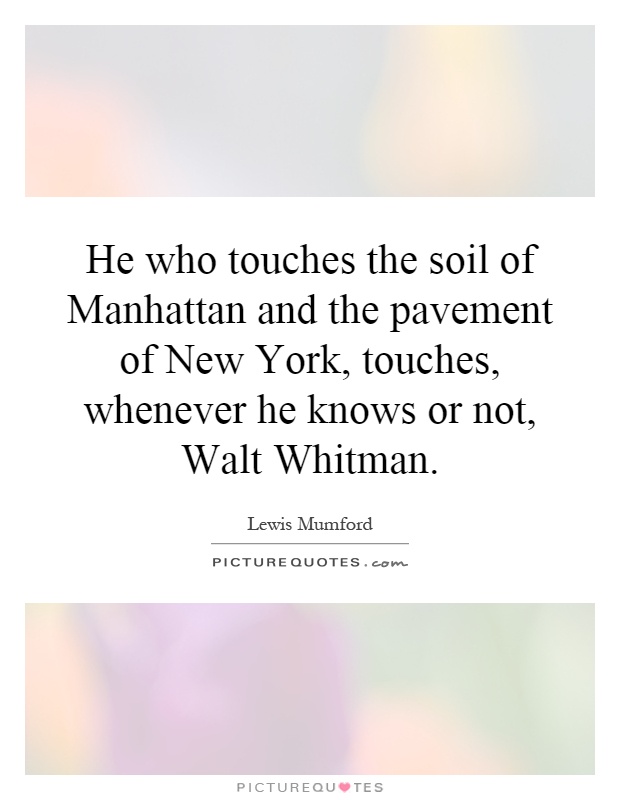
He who touches the soil of Manhattan and the pavement of New York, touches, whenever he knows or not, Walt Whitman
Lewis Mumford, a prominent American historian and urban theorist, once famously said, “He who touches the soil of Manhattan and the pavement of New York, touches, whenever he knows or not, Walt Whitman.” This statement encapsulates the profound influence that the renowned poet and humanist Walt Whitman had on the city of New York, particularly Manhattan, and how his spirit continues to permeate the urban landscape to this day.Walt Whitman, often referred to as the “Bard of Democracy,” was a visionary poet whose work celebrated the beauty and diversity of the American experience. His seminal work, “Leaves of Grass,” is a testament to his deep connection to the land and people of America, and his belief in the power of the individual to shape society. Whitman’s poetry was imbued with a sense of freedom, equality, and inclusivity, themes that resonated deeply with the burgeoning metropolis of New York in the 19th century.
New York City, with its bustling streets, towering skyscrapers, and diverse population, was a microcosm of the American experience that Whitman so eloquently captured in his poetry. The city’s energy, vitality, and constant evolution mirrored Whitman’s own belief in the transformative power of the individual and the collective spirit of humanity. As Mumford suggests, anyone who walks the streets of Manhattan cannot help but be touched by Whitman’s presence, whether they are aware of it or not.
Mumford, a keen observer of urban life and architecture, understood the profound impact that poets and artists like Whitman had on shaping the cultural landscape of cities. He recognized that Whitman’s vision of a democratic society, where all individuals are valued and celebrated, was reflected in the vibrant tapestry of New York City. The city’s rich history, diverse communities, and dynamic cultural scene all bear the imprint of Whitman’s humanistic ideals.
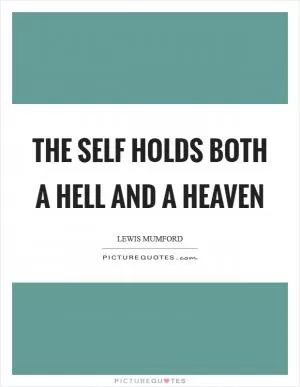
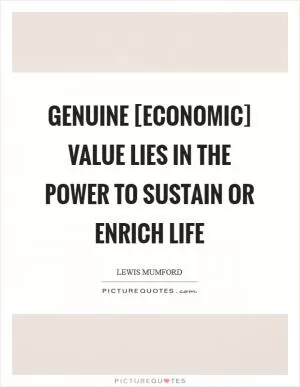
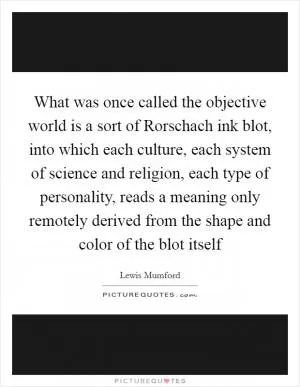
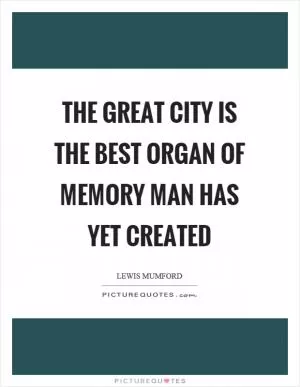
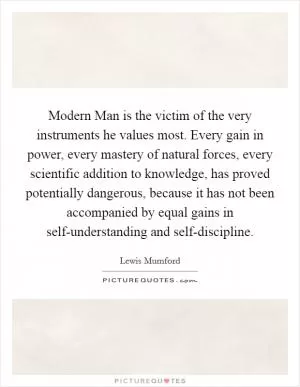
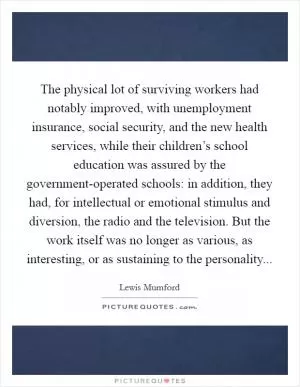
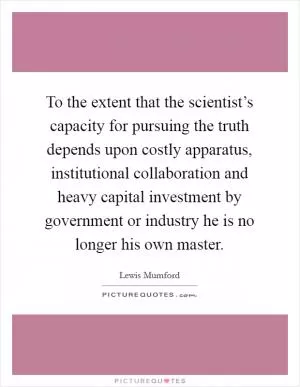
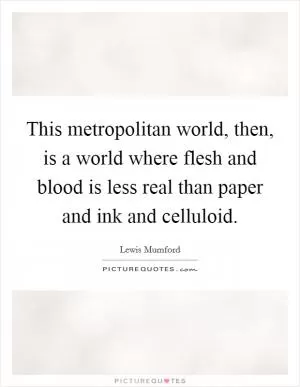

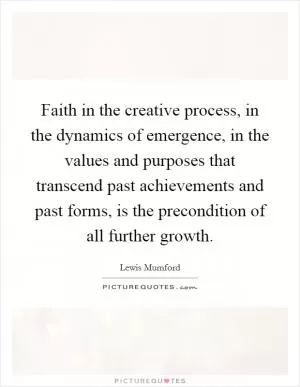


 Friendship Quotes
Friendship Quotes Love Quotes
Love Quotes Life Quotes
Life Quotes Funny Quotes
Funny Quotes Motivational Quotes
Motivational Quotes Inspirational Quotes
Inspirational Quotes